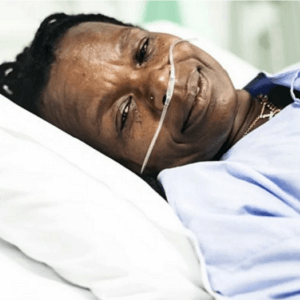Racial segregation may help explain why Black Americans with lung cancer do more poorly than their white counterparts, a new study suggests.
Black patients with lung cancer in the most segregated U.S. counties were 49 percent more likely to be diagnosed at an advanced stage, compared to those living in the least segregated counties.
And among those with early-stage lung cancer, Black patients in highly segregated areas were 47 percent less likely to receive surgery.
These findings, said researcher Michael Poulson, highlight the role of historical policies, including “redlining,” that devalued areas with large Black populations. Lack of investment in those areas meant fewer businesses, fewer job opportunities, more poverty, poorer housing and fewer health care facilities.
- See “Segregation, Poverty Tied to Worse Outcomes for Black Lung Cancer Patients” by Amy Norton on the HealthDay website (February 3, 2021)
- See the abstract of the scientific paper “The Impact of Residential Racial Segregation on Non-Small Cell Lung Cancer Treatment and Outcomes” by Chandler A Annesi et al.




